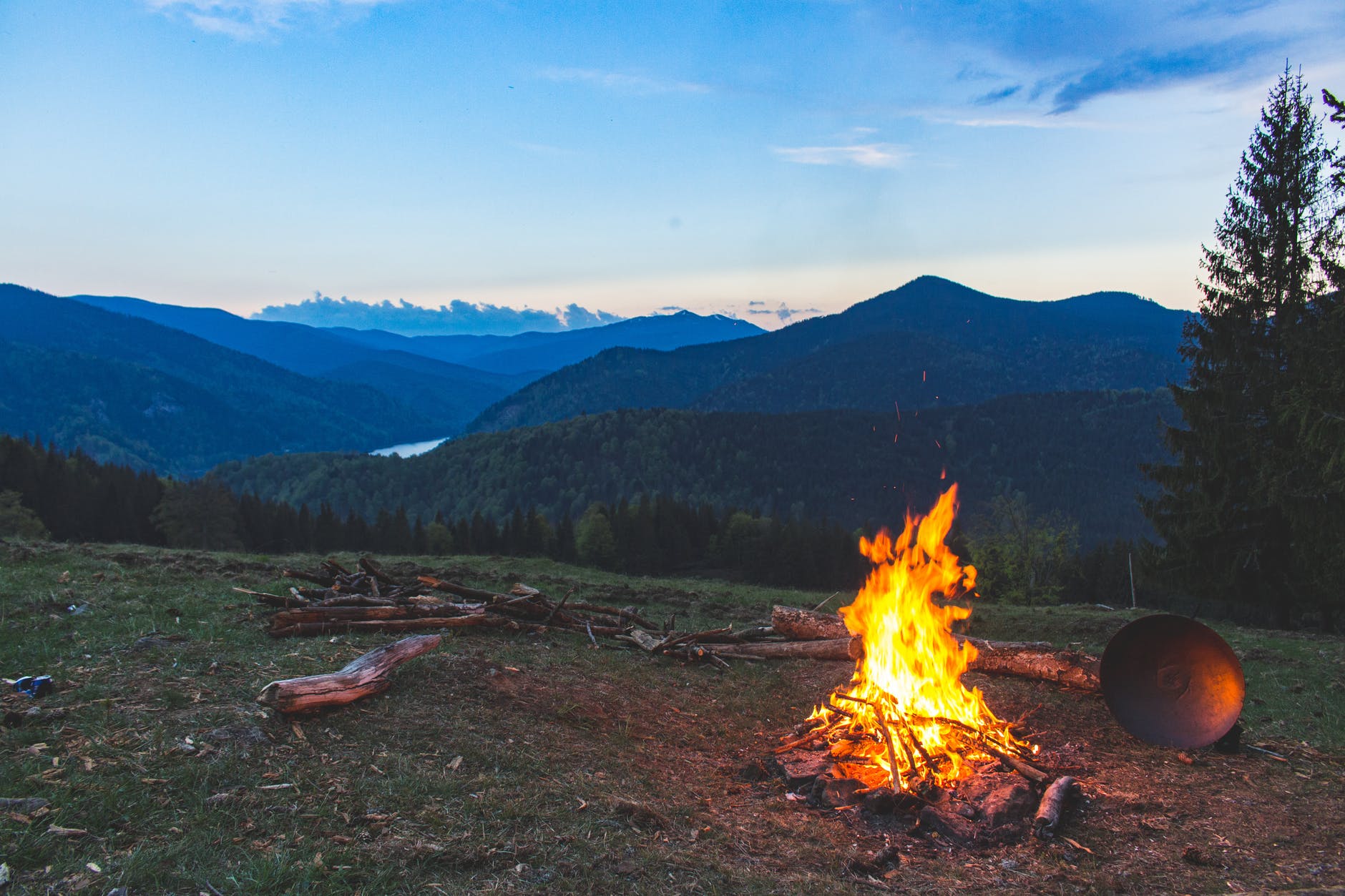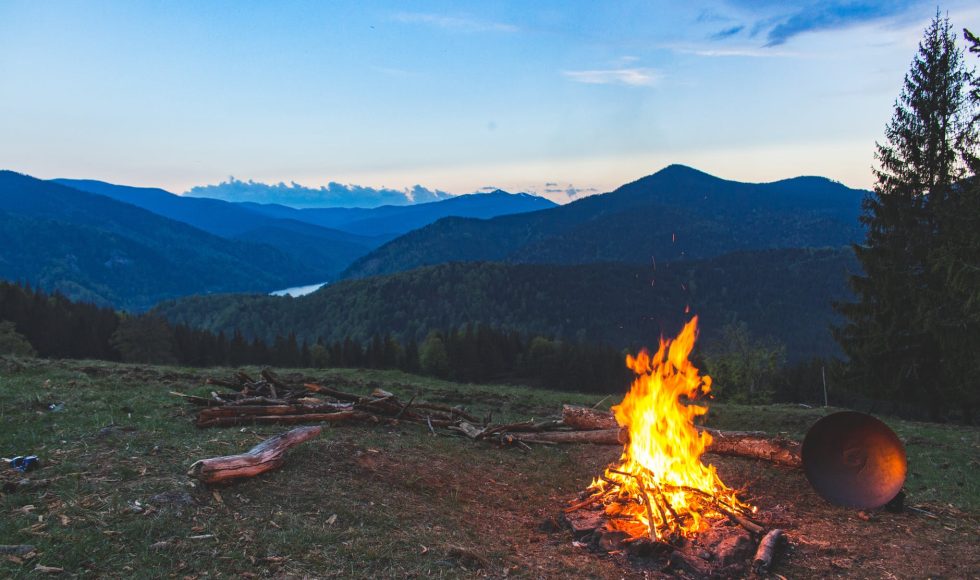Each Open Ed 2021 session is different, and I find the variety really engaging! Tonight I watched the session entitled “OERcamp Webtalks and OERcamp SummOERschool: Two Best Practices Plus One Reuse Strategy” presented by Kristin Hirschmann and Jöran Muuß-Merholz. Hirschmann has been the project lead of OERcamp. Muuß-Merholz started with an overview of what are OERcamps. It started as a “Barcamp” that was described as an unconference. They started in 2012 in Germany. A “barcamp” is an empty schedule that starts with people getting together in “sessions” to talk about topics. The first OERcamp was in person, and even if two or three people are interested in the same question they form a session. By 2020, they had 480 sessions and 300 workshops. Muuß-Merholz listed OERcamp aims: qualification, mainstreaming, networking and exchange, creation of resources, and a culture of sharing. Hirschmann spoke about changing the format in 2020 because of the pandemic. They needed virtual space for sharing educational resources. They developed topical talks that happened over the course of several weeks. Hirschmann explained that they had sessions, for example, every Friday for five weeks. Some topics included open-source alternatives for your own infrastructure, the use of video resources, interactive exercises with H5P, collaborative online learning, creating online courses, digital making, and getting started with video and audio production. How cool! I wish I had “attended” the H5P sessions! OERcamp Webtalks occurred over two seasons with 100 episodes, 1496 participants, and >14,000 views! After the seasons, they created the SummOER School (nice!) to create online courses from the webtalks. Muuß-Merholz mentioned that there was a high demand from teachers for these resources. While webtalk speakers may have done the initial talks, others could revisit them to create the summer sessions. In total, they had 6 courses (one more than the webinar sessions) and a total of 1142 participants! The reuse strategy was emphasized since the beginning. They focused on video quality for the webinars and interaction. The webtalk workflow was carefully planned: five hosts hosted the events and had planning meetings. Interestingly, they agreed on the first and last sentences so that all recordings started and ended the same way! They always met before the session and shared the agenda and rehearsed it. All the recordings were done in Zoom, and the workflow used Zoom recordings to a video editing team for adding the intros/outros and posting on YouTube. It seemed like they posted the edited videos that same night so that participants who were unable to attend the live event could review the recordings. They also had materials for download that were bundled as packages that can be downloaded (and are licensed as CC BY). They also have a book available to learn how to do this! I did an OERcamp talk last year and, while I had a small audience, I had a lot of fun and made some great contacts! I did not realize how organized the group was and everything else they have done: courses, webinars, edited recordings! I am glad the book is available, and I will keep this in mind as a mechanism for the distribution of lessons and findings after synchronous discussions.



